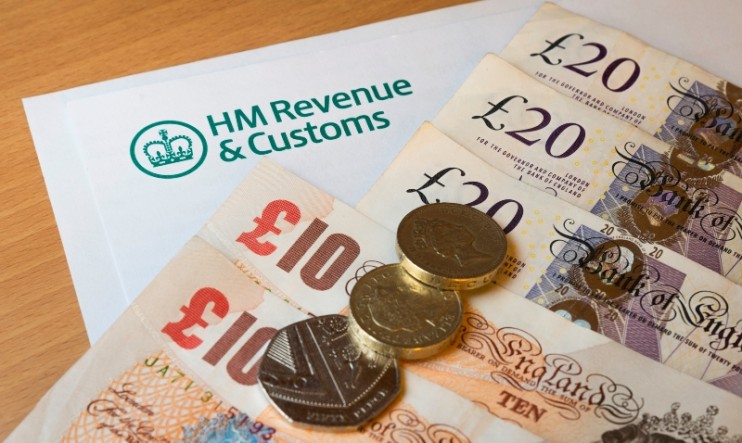By 2020, HMRC will have moved to a fully digital system in a bid to end unnecessary bureaucratic processes, eradicate delays in information handling and make sure taxpayers have easy access to their tax records. HMRC hopes that these new initiatives will reduce the £6.5bn lost each year through error and reduce business burdens by £400m. So far they have set out proposals in their consultation papers, released this August, which built upon the Making Tax Digital roadmap, released in December 2015.
So what does this mean for small business owners?
It has been argued that small businesses will be the most affected by the changes, with the consultation documents and case studies included having a heavy focus on the small business owner.
HMRC’s current proposals will not affect limited companies or sole traders who have an annual income or turnover less than £10,000. However, if you are a limited company or sole trader with revenue over £10,000 then there are going to be some significant changes in how you manage your income tax, National Insurance, VAT and Corporation Tax.
HMRC have said that MTD means ‘businesses and individual taxpayers will be able to register, file, pay and update their information at any time of the day or night, and at any point in the year, to suit them.’ This means that data can be processed in as close to real time as possible, and therefore taxpayers will no longer have to wait until the end of the year to submit a tax return or find out how much tax is owed.
The roll out has already started and all individuals and some small businesses now have access to a digital account where they can check their records and manage their details with HMRC. This will give a complete picture of your tax affairs in a single place. By the end of 2018 most businesses and self-employed people will be required to update their digital tax account quarterly, or more frequently if they so choose, for their income tax and National Insurance obligations. Quarterly VAT returns will be fully included in 2019 and corporation tax will also be incorporated in 2020. Information will need to be filed via digital tools such as accounting software or apps. Of course, agents will still be able to take care of this on behalf of their clients, but under the new proposals there is a possibility that renewed authorisations will be required for accountants to be able to submit data to HMRC.
Businesses will also be able to ‘pay as you go’, making voluntary tax payments when best suits them This allows businesses to plan and budget more effectively – not leaving them with a hefty sum to pay at the end of the year.
Also, instead of issuing late payment penalties, HMRC will adopt a ‘points’ system, such as those used on driving licenses. This means that monetary fines will only be enforced once a taxpayer has racked up a certain amount of points. The amount of points is not currently determined and this idea seems to very much be in the ‘theory’ phase. For the meantime, the normal penalties will remain until HMRC has trialled its point system.
It is important to ensure that everyone understands the new system. A study by Freeagent showed that in 500 companies surveyed, who employ fewer than 10 staff, 40% were unaware of Making Tax Digital and their forthcoming duties.
However, changes are already happening. HMRC are seeking feedback about the proposed MTD change before it is fully implemented in 2020. The closing date for comments on their consultation document ends shortly so watch out for further developments.

